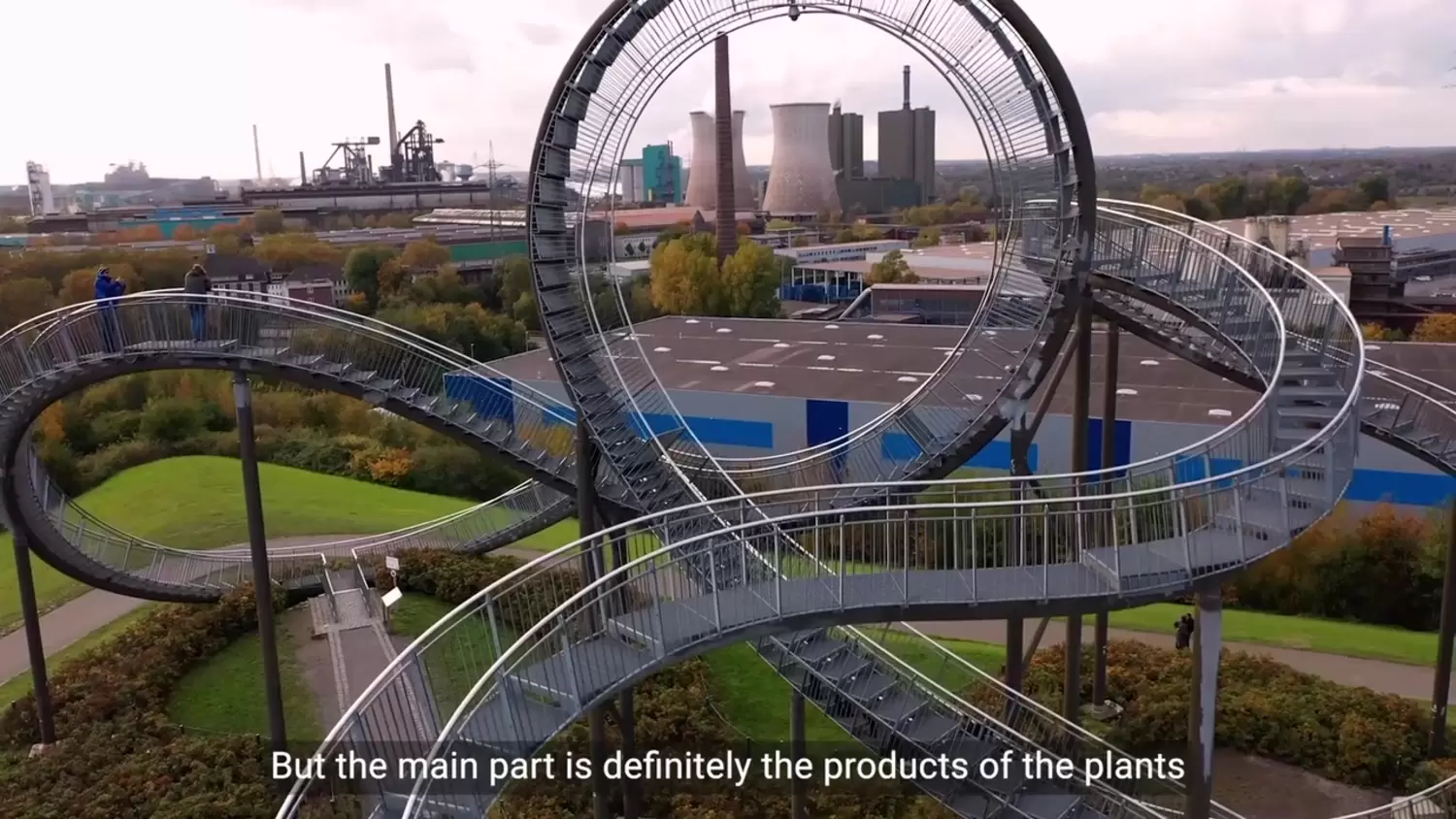Global megatrends such as digitalization and climate and environmental protection are presenting our customers with ever-greater challenges and new and unforeseen crises. These developments mean that our customers are intensively engaged in optimizing their plant operations and process management. In this context, the industry faces three central challenges:
- Plants should be constantly available, which means production processes should be stable. Any unplanned downtime jeopardizes profitability. In addition, customers expect reliable levels of quality for goods that are delivered in full and on schedule. All components involved in the operation of a plant – hardware, software and automation, maintenance, logistics, and personnel – come into play here.
- Global overcapacity in the metals industry is weighing on overall profitability. At the same time, there is an increasing demand for reduced batch sizes with even higher, certified product quality.
- There is also a need to reduce CO2 emissions while increasing production efficiency and adapting to changes in the energy sector. Reducing carbon emissions is not only a societal requirement; it also has a direct impact on costs, as many countries have started to tax CO2 emissions. Downstream industries also need to act, which is why they often require energy and CO2 certifications from producers.
Mission accepted: #turningmetalsgreen
Today, integrated steel mills produce around 1.4 billion metric tons of crude steel annually, accounting for 90 percent of the steel industry's CO2 emissions. To achieve the national climate targets set so far, around 30 million metric tons of crude steel capacity must be converted to a climate-neutral process every year. More than 80 percent of greenhouse gas emissions are caused in the primary stage of pig iron production. Due to the long investment cycles for metallurgical plants, a large part of the required CO2 savings must come from the blast furnaces already in operation. It is good to know that there is also great optimization potential for the classic blast furnace route. Simply injecting hydrogen or hot synthesis gases into the blast furnace can reduce the CO2 footprint of pig iron production by a substantial 30 percent. As less coke is used at the same time, this technology even reduces operating costs.
The future of steel production clearly lies in the use of hydrogen. Looking ahead, climate-neutral steel will be produced in a hydrogen-based process that involves direct reduction and steelmaking in electric arc furnaces, replacing the classic carbon-based route with a blast furnace and converter. Working with strategic partners, SMS group covers the entire value chain of hydrogen-based steel production, from hydrogen synthesis and direct reduction to electric steelmaking and minimill technology.
Partnership throughout the entire plant life cycle
As the leading partner for customers in the transformation of the metals industry, SMS group bundles all competencies from the fields of electrics/automation, digitalization, and technical service. Our goal is to maintain and expand the performance of our customers' plants throughout their entire lifecycle. Together with our customers, we develop integrated solutions that are specifically geared to the customer's use. Following a modular principle, we combine products and services from the three areas of EA, digitalization, and technical service with performance-based business models. We focus on key performance indicators such as plant availability, product quality, productivity and delivery reliability, as well as on sustainability and safety. This makes us a long-term partner for our customers and helps them to focus on their core competencies.
Many customers increasingly want to focus on their core processes and have maintenance performed by partners. At the same time, these customers only trust those partners who can provide the service in the most efficient and sustainable way. As SMS group, we are in a good position here: we design the plants, commission them, and have the setup to accompany them throughout their entire lifecycle with 4.0 predictive solutions.
With our integrated solutions, we cover the entire lifecycle of the asset:
- we CREATE your asset: for new plants, we help to shorten the plant ramp-up time and increase the overall performance of the plant. To do this, we make sure that our electrical and automation solutions work in perfect harmony with our digital solutions. Solutions such as the SMS DataFactory, digital twins, or the Plug & Work integration test are of central importance here.
- we INCREASE your performance: during plant operation, we ensure a stable production process, maintain and increase plant performance, and help our customers to make data-driven decisions. We turn data into information and information into added value. With our expertise, we can correctly interpret the data obtained to derive forecasts and, above all, recommendations for action. Such "actionable items" can either be fed directly back into the automation system in a closed control and optimization loop, or they can be passed on to the operator as a recommendation for action. They also help to identify maintenance and servicing measures in a targeted manner and to plan and execute them as efficiently as possible.
- we MANAGE your life cycle: finally, we help our customers to extend and optimize the lifecycle of their plant. Here, our customers benefit from intensive service partnerships, maintenance and repair services in manufacturer quality, or long-term outsourcing partnerships, in addition to consulting and training measures.

New performance-based subscription models form the commercial framework for shaping long-term partnerships with our customers and securing concrete customer benefits. The focus is always on solving our customers’ specific pain points during the plant operation phase, with the aim of generating added value. Depending on the desired customer solution and the agreed value proposition, we as SMS group thus offer various models ranging from conventional supply contracts to Software as a Service (SaaS), Maintenance as a Service (also known as Technical Outsourcing Services), Component as a Service and Equipment as a Service. Especially the "X as a Service" models offer the customer the possibility to concentrate on core processes and to secure the positive profit contribution of the SMS solution during the contract period.

